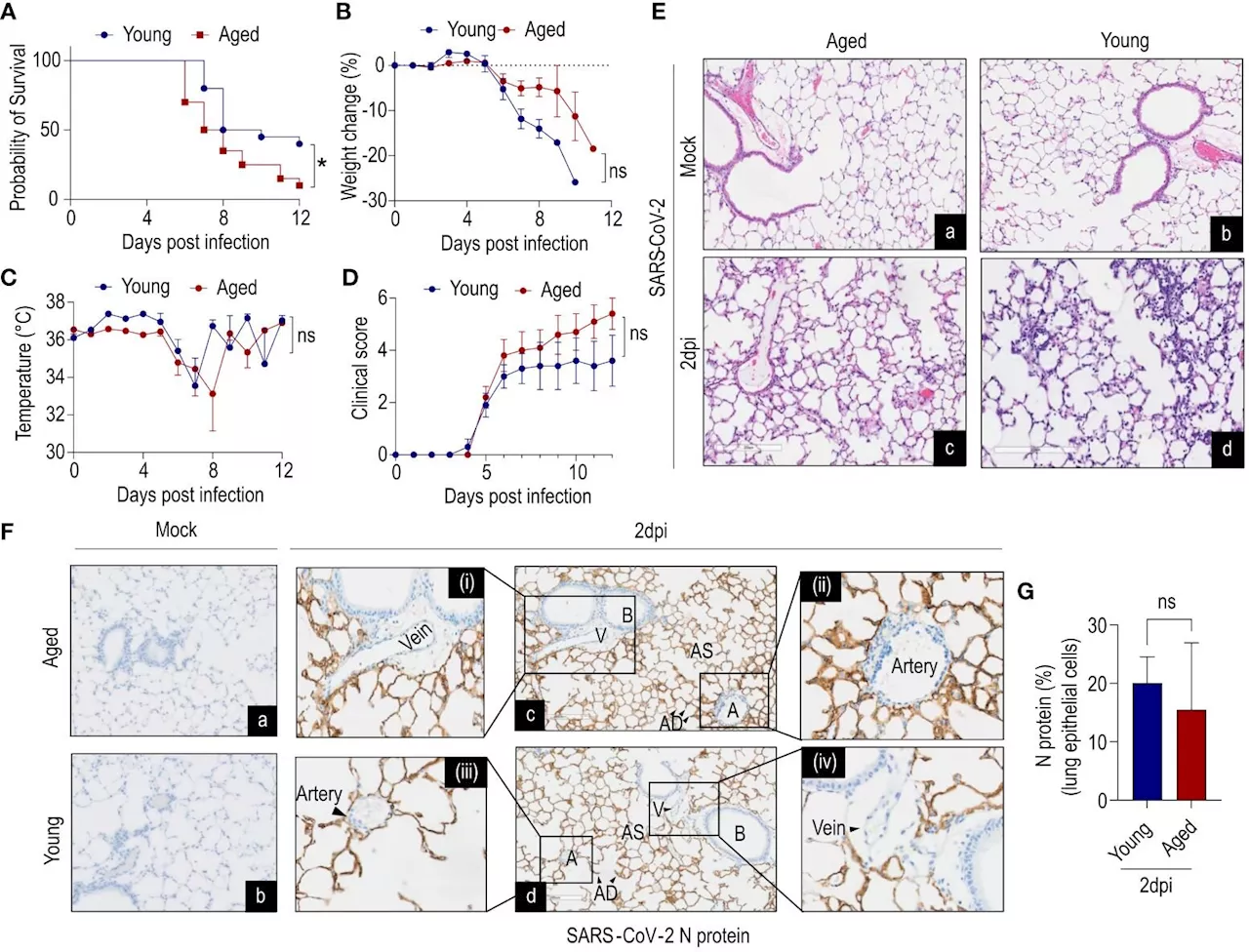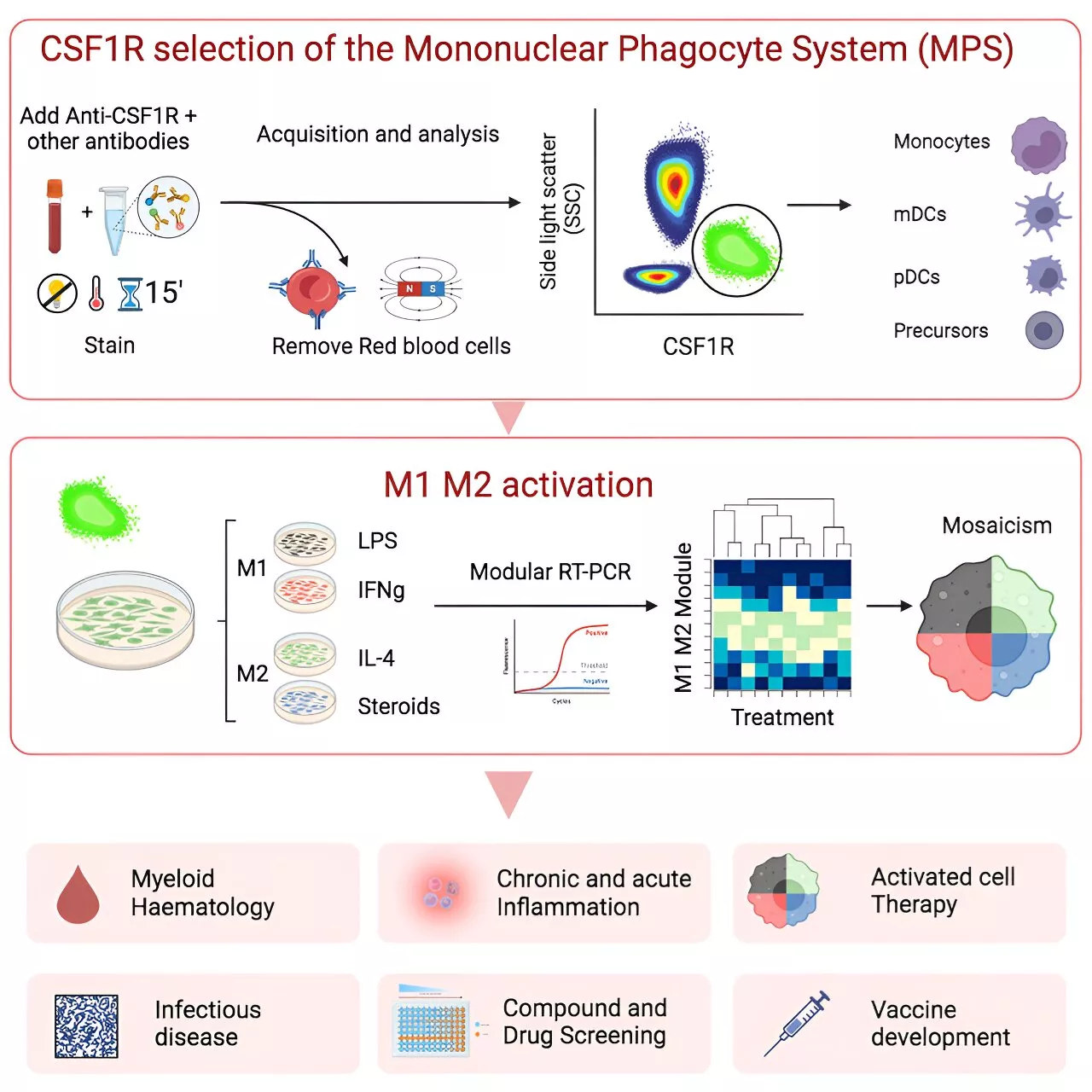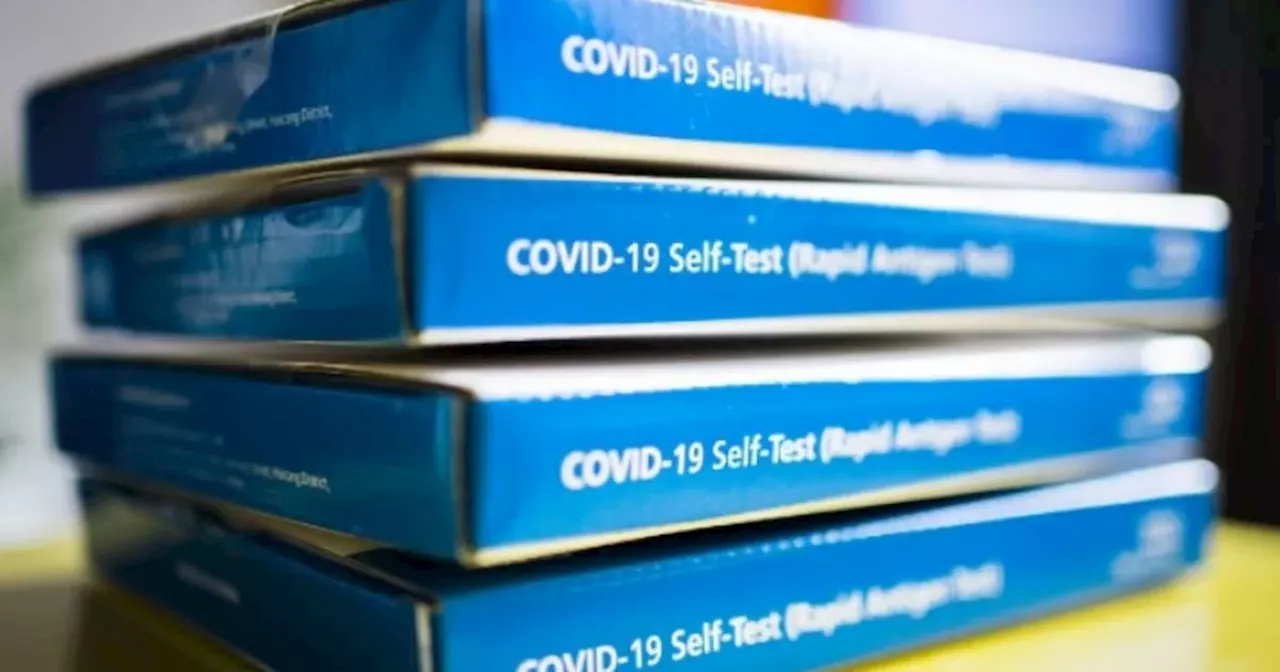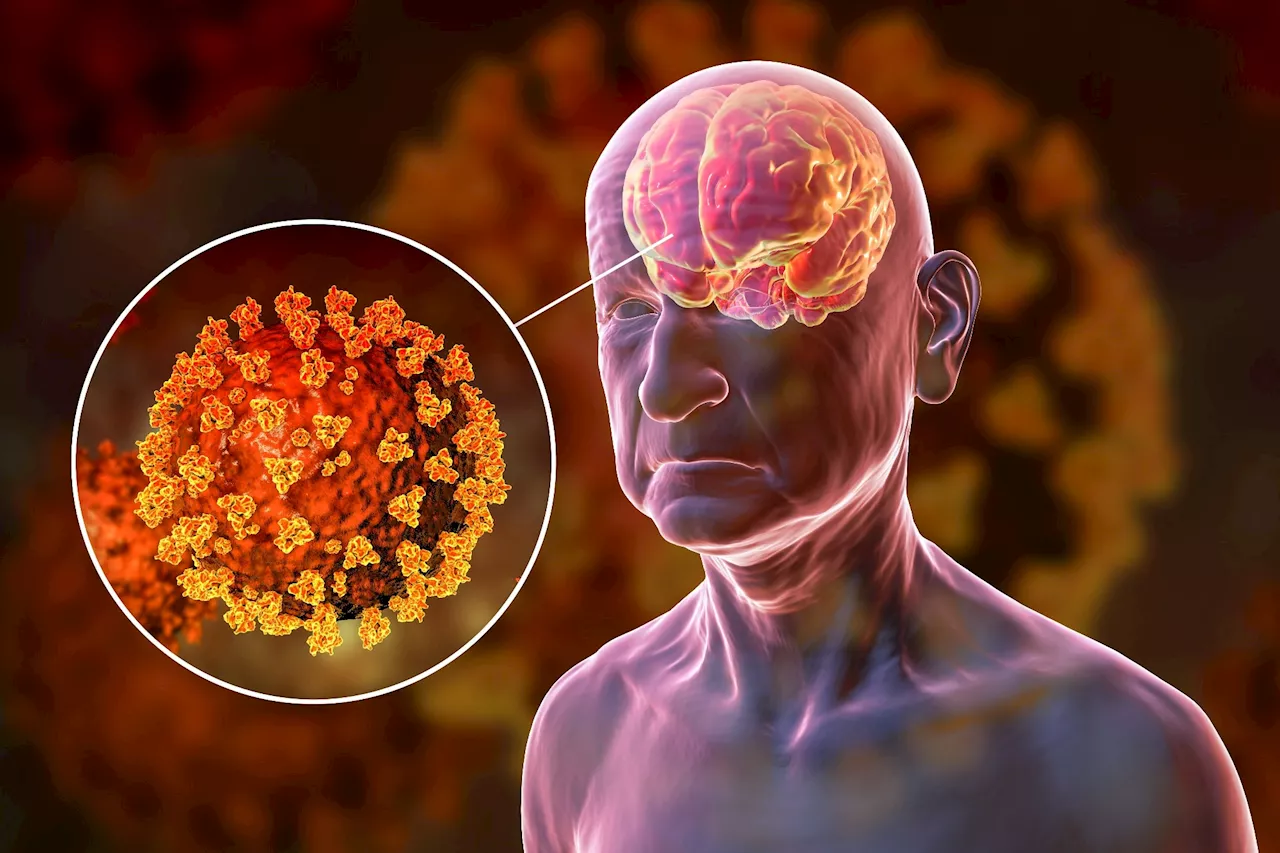COVID-19 survivors face significantly higher risks of developing neuropsychiatric conditions, but vaccination reduces these risks over time.
By Hugo Francisco de SouzaReviewed by Susha Cheriyedath, M.Sc.Jun 27 2024 In a recent study published in the journal Nature Human Behaviour, researchers used a large, binational cohort to investigate the short- and long-term associations between SARS -CoV-2 infections and subsequent adverse neuropsychiatric outcomes. They used exposure-driven propensity score matching to compare their samples’ outcomes against the general population and individuals with a non- SARS -CoV-2 respiratory infection.
Background The severe acute respiratory syndrome coronavirus 2 caused coronavirus disease 2019 pandemic remains one of the worst disease events in recorded human history, infecting approximately 700 million individuals and claiming more than 7 million lives in the three years since its discovery. Unfortunately for its survivors, the condition has been observed to induce long-term physical and psychological ailments that persist well past the disease’s primary infection.
About the study The present binational study aims to assess the relative risk of adverse neuropsychiatric outcomes in COVID-19 survivors versus the general populace. It also compares this risk between the former cohort and survivors of another respiratory infection . For this study, primary exposure comprised the onset of laboratory-confirmed COVID-19 , while the primary outcome consisted of diagnosing one of 13 groups of neuropsychiatric disorders.
Statistical analyses included the computation of Cox proportional hazards regression models to estimate short-term, long-term, and overall neuropsychiatric risk between included sample subgroups , thereby inducing reverse causation. Covariates were accounted for by including Charlson comorbidity indices, smoking status, physical activity levels, alcohol consumption, and body mass indices of included participants.
Short-term risk assessments revealed that COVID-19 survivors had a substantially elevated risk of neuropsychiatric events compared to the general populace, with some conditions, particularly encephalitis , Guillain-Barré syndrome and insomnia presenting alarmingly increased risk. These findings were consistent with those observed in SARS-CoV-2 infection versus ARI comparisons, with the former presenting an aHR of 1.36 compared to the latter.
Anxiety Anxiety Disorder Coronavirus Encephalitis Guillain-Barré Syndrome Healthcare Insomnia Ischaemic Stroke Mental Health Mood Disorder Nerve Pandemic Respiratory SARS SARS-Cov-2 Severe Acute Respiratory Severe Acute Respiratory Syndrome Stroke Syndrome
United Kingdom Latest News, United Kingdom Headlines
Similar News:You can also read news stories similar to this one that we have collected from other news sources.
 New name, new uniform and new principal at Telford secondary schoolA Telford secondary school has announced the start of an ambitious new era – with a new name, new uniform, and a new principal.
New name, new uniform and new principal at Telford secondary schoolA Telford secondary school has announced the start of an ambitious new era – with a new name, new uniform, and a new principal.
Read more »
 Long COVID linked to higher risk of erectile dysfunction, new study findsThe risk of developing erectile dysfunction (ED) following a diagnosis of long coronavirus disease (COVID) compared to acute COVID.
Long COVID linked to higher risk of erectile dysfunction, new study findsThe risk of developing erectile dysfunction (ED) following a diagnosis of long coronavirus disease (COVID) compared to acute COVID.
Read more »
 New study helps explain how elderly individuals react differently to COVID-19 than young peopleThe COVID-19 pandemic resulted in over 700 million infections and 7 million deaths worldwide. While age is recognized as a risk factor for severe COVID-19, the reasons for this are not yet fully understood.
New study helps explain how elderly individuals react differently to COVID-19 than young peopleThe COVID-19 pandemic resulted in over 700 million infections and 7 million deaths worldwide. While age is recognized as a risk factor for severe COVID-19, the reasons for this are not yet fully understood.
Read more »
 New study involving nearly 185,000 patients recommends strengthening immunity against COVID-19 in people with cancerResearchers from the Institut d'Investigació en Atenció Primària Jordi Gol (IDIAPJGol) and the Barcelona Institute for Global Health (ISGlobal) have led a study on the effectiveness of vaccines against COVID-19 among cancer patients in Catalonia.
New study involving nearly 185,000 patients recommends strengthening immunity against COVID-19 in people with cancerResearchers from the Institut d'Investigació en Atenció Primària Jordi Gol (IDIAPJGol) and the Barcelona Institute for Global Health (ISGlobal) have led a study on the effectiveness of vaccines against COVID-19 among cancer patients in Catalonia.
Read more »
 A new method to study immune cells offers hope for finding new disease treatmentsMacrophages play a critical role in the immune system by fighting infections and aiding in tissue repair. Understanding how these cells are activated in different scenarios is important for developing new medical treatments.
A new method to study immune cells offers hope for finding new disease treatmentsMacrophages play a critical role in the immune system by fighting infections and aiding in tissue repair. Understanding how these cells are activated in different scenarios is important for developing new medical treatments.
Read more »
 New Covid variant 'driving large waves of infections' and 'evading immunity''There are also very early suggestions the FLiRT subvariants could evade immunity from prior infections'
New Covid variant 'driving large waves of infections' and 'evading immunity''There are also very early suggestions the FLiRT subvariants could evade immunity from prior infections'
Read more »
